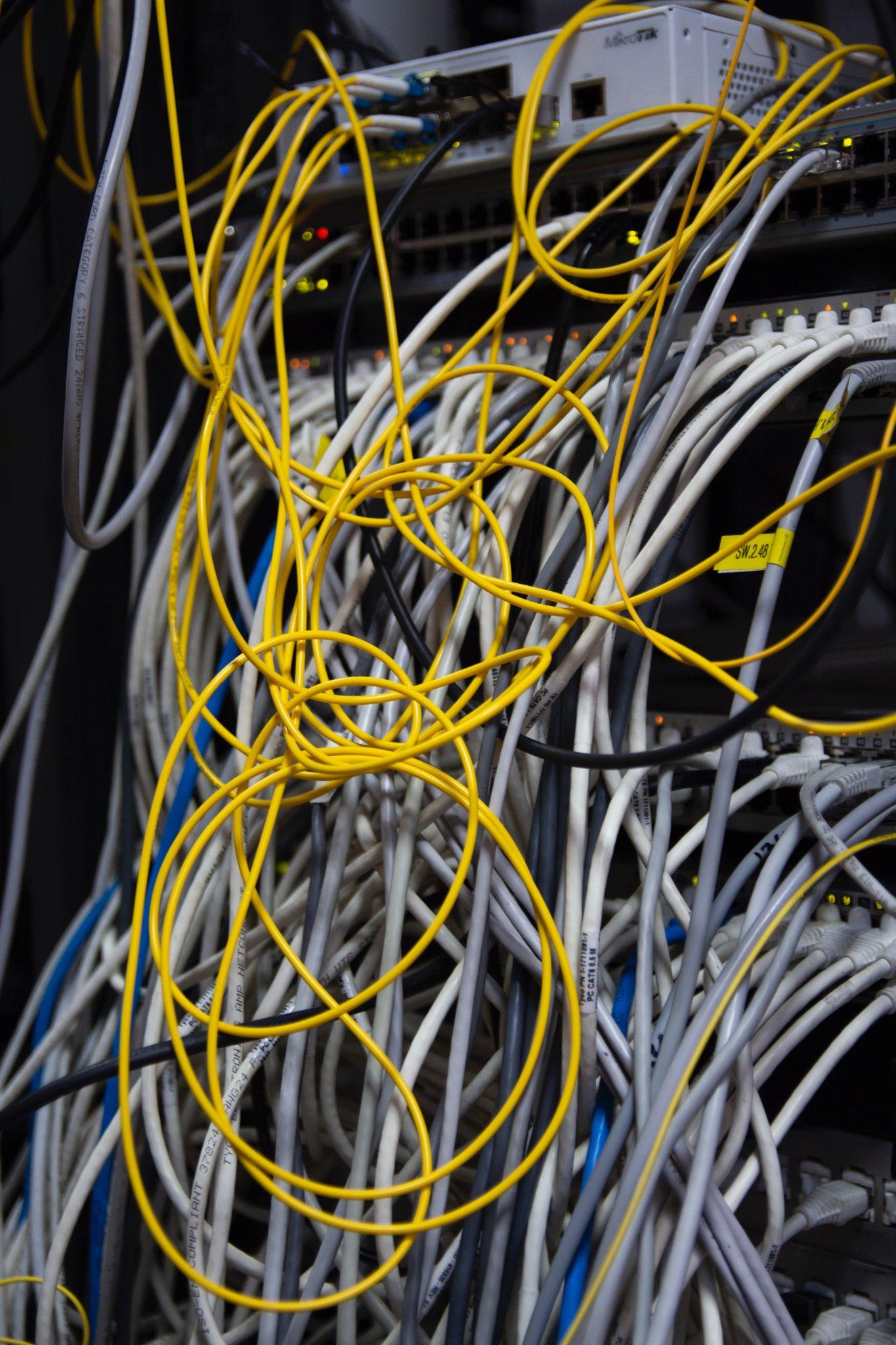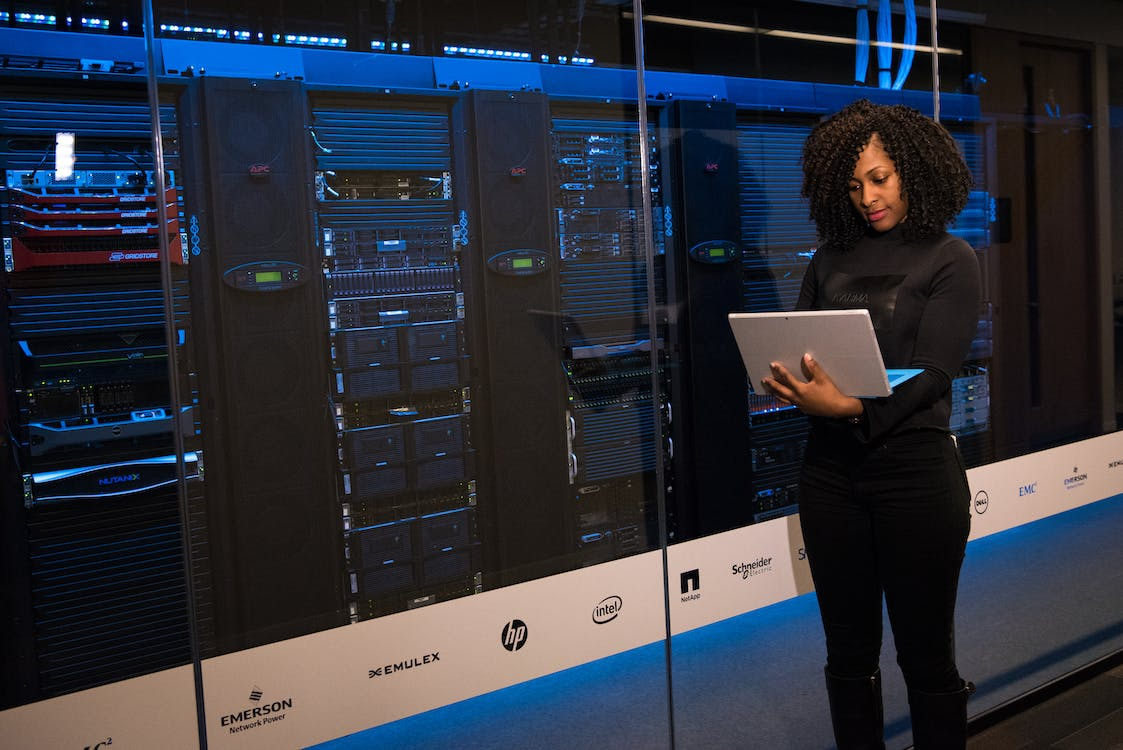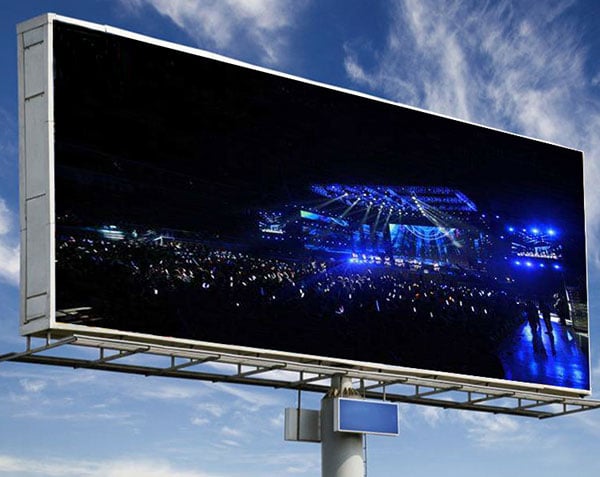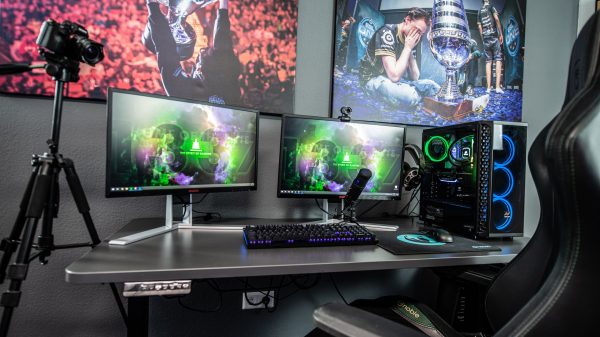Technological advancements have become considerably more widely available and inexpensive in the last two decades. Nowadays, any company, regardless of its field of work, needs personal computers, mobile devices, and the apps that run on them to function. Put differently, no matter your company’s size, maintaining a competitive edge requires an investment in a reliable hardware and software foundation.
Computer hard drives, monitors, printers, and other physical components are all examples of hardware that’s vastly used in the daily operations of most companies worldwide. In that regard, the efficiency of your employees and the success of your business will be profoundly affected by the hardware you use. It’s impossible to accomplish an excellent job without the proper equipment.
It affects the productivity, safety, and profits of a business. The question then becomes how to determine which hardware solutions are ideal for your business. Below, we’ll provide you with the six most important considerations when choosing hardware and help you make the right decision.
Don’t Spend A Fortune On Your Hardware
While this is a consideration for many businesses, for a startup or other smaller operation, it may be especially important to keep costs down. The price of computer technology might mount up rapidly, but you should prioritize the long-term benefits above the initial investment.

If the higher-quality parts you buy improve productivity and durability, you could end up saving money. If you can’t afford the gear you require, you could look into trusted resellers of pre-owned equipment instead. For example, you can find all kinds of used servers that are fully functional, any given computer parts, or phones online for a very low price.
The device’s ongoing operational expenses should also be taken into account. Not simply in terms of energy, but also for office inventory like printer ink and paper. Whether you’re running a sole proprietorship business or a company with many employees, nowadays nobody can afford to waste money, so make sure that you don’t spend a fortune on your hardware.
Always Think About Protection Strategies And Warranties
Professionals, who will likely use their computer for work for at least three years, should prioritize a longer guarantee than the typical one-year offered to consumers. If you’re a business owner without a spare computer, you should spring for on-site assistance, ideally same-day or next-day service, rather than rely on a consumer support plan that requires you to ship your PC or laptop away for repairs.
Check The Compatibility
For hardware to be considered compatible, it must be able to function with your existing devices. This is crucial information to have when making a hardware purchase, as not all devices and components are compatible with one another. When purchasing new or replacement components for your computer, you should check to ensure that they are compatible with the hardware that is already installed on your machine.

Consider the overall expenditures, including the possibility that it would be more cost-effective to install a brand-new system rather than to improve the components that are already there. Also, when you standardize your networking equipment and endpoints, it’s much simpler to manage and swap out individual components if they break.
Make A Plan That Will Make Management And Upkeep A Breeze
Think about your team’s management and upkeep strategies when you set up new hardware. There will be a larger initial investment with more sophisticated machinery, but less manpower may be required, which could reduce operational expenses.

Most components of computer hardware typically have a three-to-five-year lifespan. It’s possible that your hardware will stop working properly or won’t be up to date shortly after it’s reached its expected lifespan. There is a common three-to-four-year hardware replacement cycle for workstations and a five-year cycle for servers in many workplaces.
Portability Is A Wonderful Feature
Employment demographics are shifting quickly. Businesses that have adopted a hybrid or remote work style have increased their need for the portability of IT resources. This often necessitates the purchase of portable workstations, charging stations, wireless input devices, etc., to facilitate the shift from the traditional office setting to the more flexible remote one. To facilitate remote work, some companies have done away with PCs entirely.
Don’t Forget The Unique Characteristics Needed For Your Business
Different items will come with varying characteristics; choose those that best suit your business. Who will use it, and what will they be doing with it? Some businesses have a greater need for large amounts of storage space, while others are more concerned with obtaining a fast machine that can run their cutting-edge programs.

Your IT service provider should be able to assist you in conducting extensive market research to uncover equivalent features at lower rates once you have determined which features are most important to you.
Final Thoughts
Any business, no matter what it does, will require computers, smartphones, and software to run. For a business to keep its edge in a crowded market, it must first have a solid hardware foundation. Choosing the appropriate hardware to distribute your software has far-reaching consequences for the quality of your program, the user experience, and the efficiency of your business.


































